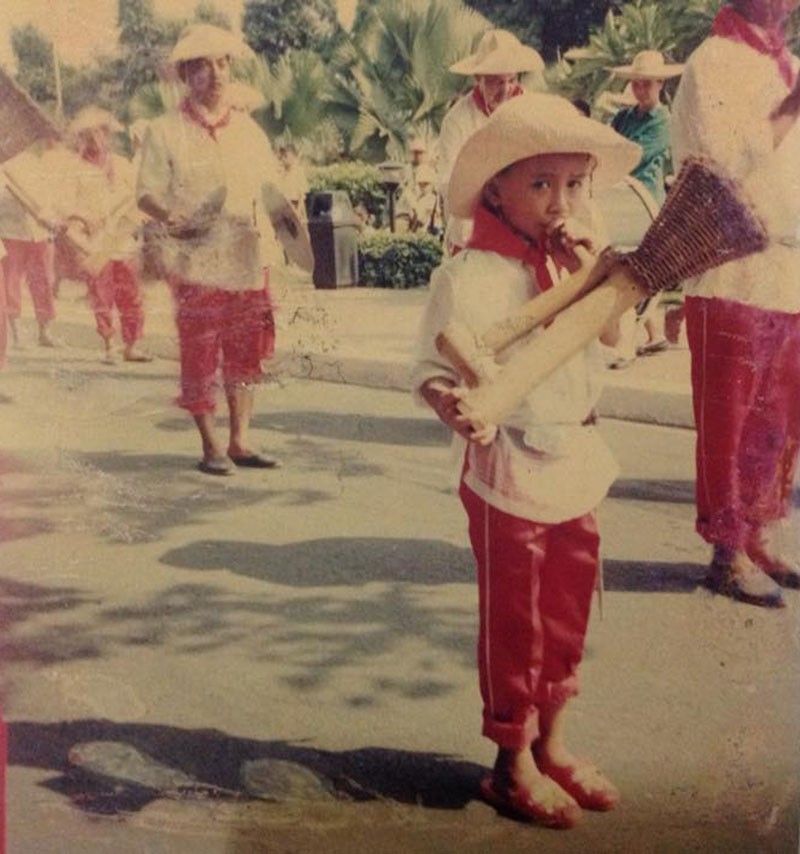Malabon bamboo band remembers Katipunan past

MANILA, Philippines — A bamboo band in Malabon continues making music out of its wooden instruments a century after its pioneers – members of the Katipunan themselves – helped smuggle arms during the Feast of Saint Bartholomew on Aug. 24, 1896.
On National Heroes Day, the surviving kin of one of the founders continues the tradition by recalling the band’s revolutionary past.
In an interview with The STAR, retired colonel Gilbert Ramos recounted how his great grandfather Felix Ramos organized the “musikang bumbong” in Barrio Tonsuya, Malabon in 1896, coinciding with the year Katipunan founder Andres Bonifacio launched the revolution against the Spanish colonizers.
The band played a crucial role during the 1896 revolution. It was tasked by the Katipunan to cart away weapons under the guardia civil’s noses at the height of the revelry for the feast of Saint Bartholomew in Malabon on Aug. 24, 1896.
With the band members also part of the revolutionary cause, it was also not incidental that the image of Saint Bartholomew seemed to be dressed in revolutionary ardor – he is shown wielding a knife and a bible, because the saint, one of Christ’s 12 apostles, was skinned alive for spreading the faith.
Ramos’s great grandfather founded the band with other pioneers Juan de Silva, Gregorio Kilala, Citoy Topacio, and Lucio de Silva. It was an offshoot of an earlier band in the 1880s called “Banda de Boca,” called such because of the use of the mouth to create music.
The Katipunan’s weapons were hidden inside the musical instruments of the band – then known as Banda Filipina – to escape the surreptitious eyes of the Spanish authorities at the time there was a bolo ban to curb the brewing revolution discovered then by the authorities, Ramos said.
The smuggling of arms on the feast day also coincided with the general assembly called for by Bonifacio in preparation of an attack days later in Manila.
Besides smuggling the Katipunan’s weapons, the band also played the martial song “Alerta Katipunan,” the tune of which used to be sung by his grandfather, and the “Veteranos dela Revolucion,” Ramos said.
Ramos said the band was renamed “Banda Harikos” later on presumably because the members then thought of themselves as “kings.” The group was briefly disbanded during World War II but continued on until Ramos revived it in 1987 as the “St. Anthony Original Bamboo Band,” and later on, as Musikawayan in 2007.
Ramos said his ancestors first thought of the idea of a bamboo band when he crafted a musical instrument using a papaya stem, and then used the bamboos then growing abundantly along the river in Malabon.
It now performs regularly in several hotels and at the historic walled city of Intramuros. Ramos took it upon himself to continue the tradition, having graduated with a degree in orchestra from the University of Santo Tomas conservatory of music.
A member of the fourth generation of the band founder, Ramos said he wanted to teach Malabon residents the art of bamboo band music to continue the tradition of this bamboo band with links to the Philippine revolution.
“We are reliving this tradition because of our promise to our grandparents to keep alive the bamboo band after their deaths,” Ramos said.
This National Heroes Day, Ramos said he felt proud of having a family history rooted in the revolution. “It is always happier to make music for one’s country,” he said.
- Latest
- Trending






























